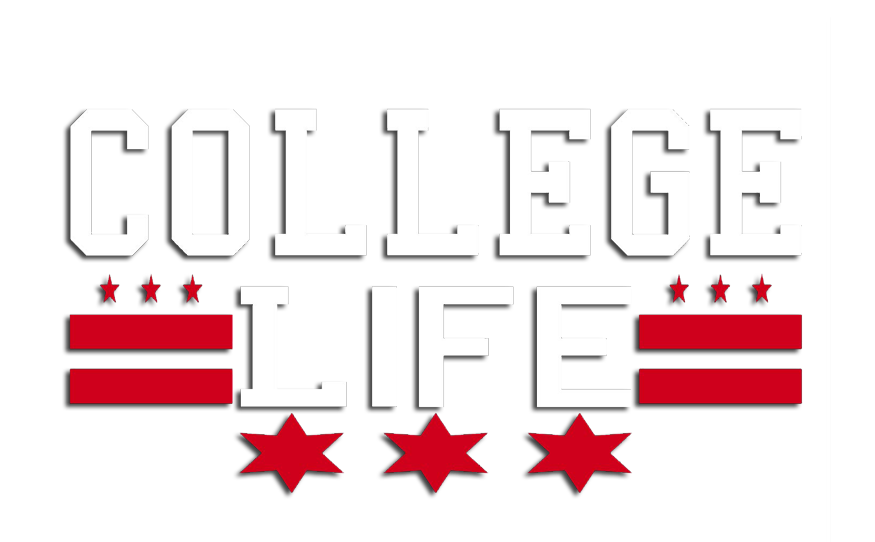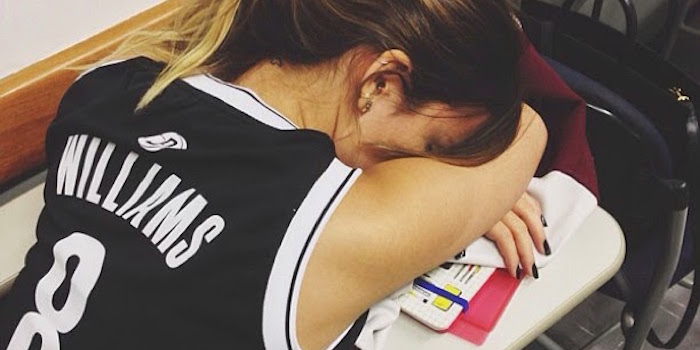Most of our college classes did not teach us anything about what we need to know to be successful or to even be functioning adults in society.
In addition to Intro to French and History of Ancient Civilizations, here are 10 classes that colleges should offer:
1. Health Insurance 101
This course will cover what health insurance is, why you need it even if you “almost never get sick,” what a premium is, the difference between HMO and PPO, and more.
The student’s final projects will be choosing health and dental plans, filling out the proper forms and being able to explain why the particular plan is best for him or her.
Please note, choosing the plan with the cheapest monthly payments is not an option.
2. How to Make Friends As An Adult
Post-college life is not as full of opportunities for students to meet people in their own age group, who share their interests, are in the exact same stages of life and are also looking for friends.
This course will include interactive lessons on how to ask for someone’s phone number, and activities and hobbies that may lead to new friends.
There should also be a bonus lesson on how to turn coworkers into real friends. The final for this class is a group project, where students will create situations and strategies to meet new friends.
3. Big Financial Decisions, From Car Buying To Traveling
This part economics, part negotiation and part mathematics class will demonstrate how to make large financial purchases, such as a car, a house or a vacation.
Students will learn the ins and outs of financing “extras” or “add-ons” that salespeople sell (which will only hurt them in the end), and how to read financial contracts.
For the final project in this class, students will meet one-on-one with a professor and negotiate the purchase for an item of their choosing.
4. Online Dating: Avoiding The Creeps
Gone are the days of easily meeting a friend of a friend, a classmate or someone at a party. Online dating is the new Thursday night out for singles.
Students will learn how to write compelling profiles, what pictures are okay to post and which ones are not, how to explain online dating to their parents and grandparents and how to navigate the first date with someone you met online.
There is no final project for this class. Students will be graded on the success of their profiles in a closed online environment that will mimic actual dating sites.
Please note, students in serious relationships will not be exempt from this course due to the high rate of post-graduation breakups.
5. Intro to Weddings: The Most Expensive Parties You Will Ever Attend
Since students will spend at least 30 percent of their income over the next 10 years on attending, participating in and planning weddings for friends and themselves, this course will teach them how to not only survive wedding season, but to also enjoy it (or at least fake enjoyment).
Topics will include appropriate gifts for the happy couple, what it entails to be a bridesmaid and groomsman, the unspoken rules of bachelor and bachelorette parties, how to handle back-to-back wedding weekends and more.
For the final, students will be split into groups and given a variety of wedding-related problems. They will need to strategize how to get through it, from engagement to big day.
6. Life Outside The Cafeteria
Without a meal plan and a 24-hour cafeteria, students must learn how to fend for themselves and their stomachs.
This course will include field trips to grocery stores, case studies on how long takeout stays good and the different types of cookware necessary in the kitchen.
For the final project, students will shop for and prepare two different meals. Neither meal can be macaroni and cheese.
7. The Back-Up Plan
This course will focus on the popular quarter-life crisis many grads experience when they realize they hate the career they spent four years and hundreds of thousands of dollars to prepare to have.
This will teach coping mechanisms for when the uncertainties arise, how to tell the difference between a bad few weeks and a true quarter-life crisis, and how to explain to your family why you’ve quit your job.
Once a month, an example of someone who survived his or her quarter-life crisis will speak with the class to give real-world advice.
For the final paper, students will have defend a quarter-life crisis to an unsupportive older adult.
8. Avoiding The Beer Gut
This course will help students know what to do when their metabolisms slow down while they still have diets only appropriate for college kids. This active course will be part physical education, part nutrition and part logic.
If you drink five beers a day and only eat pizza, you will gain weight, but if you go to the gym once a week, you will gain less weight.
This course will show real-world examples of what happens when you don’t change your health habits and how to find ways to fit exercise and health into your life (even if you still drink beer every night of the week).
Final projects will be detailed health and fitness plans that fit into a 20-something’s lifestyle.
9. 401(k)s and Savings Accounts and Pensions, Oh My
Many college students assume they will continue to be able to scrape by with less than a hundred dollars in their bank accounts, like they presently do — but they are mistaken.
This finance course will explain how to start a savings account, the differences between 401(k)s and pension plans and how to chose your plans accordingly.
It will also stress the absolute necessity of keeping all of your paperwork and reviewing it. For their final projects, students will have oral Q and A sessions regarding the learned topics.
10. Psychology Of TV Real World Vs. Real Real World
Students will study the effects of television shows like “Friends” and “How I Met Your Mother” on the post-college depression that occurs once they realize their lives are not how television portrayed them to be.
Lessons will include psychological discussions on the actual versus reality when it comes to apartments, paychecks, love lives and hobbies.
They will learn that most of their free time will not be spent with groups of friends at coffee shops or in bars, and that it is okay.
For their final papers, students will choose one aspect of adult life and explore how the reality is, in fact, better than the TV version. Because sometimes, it is.






